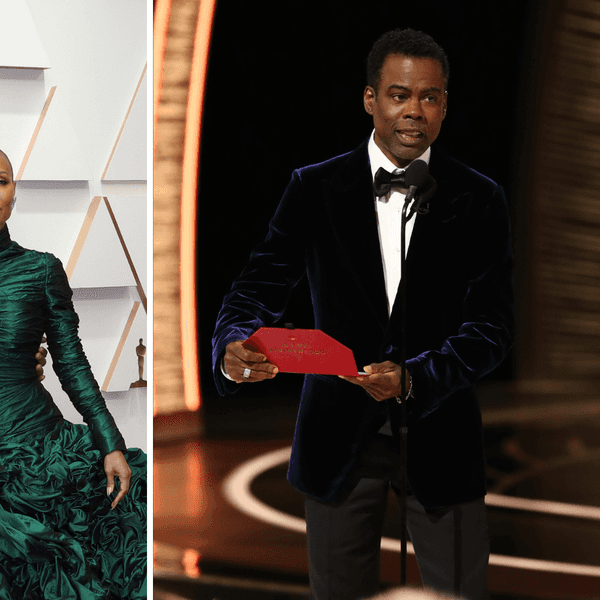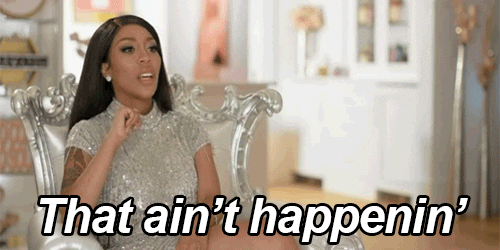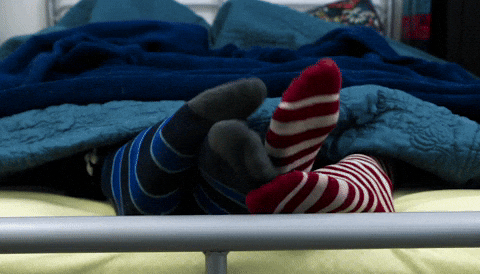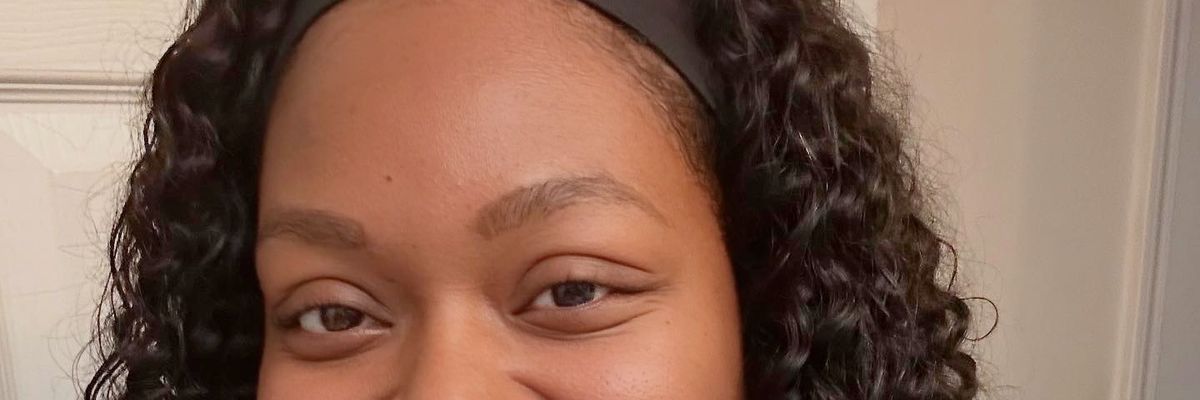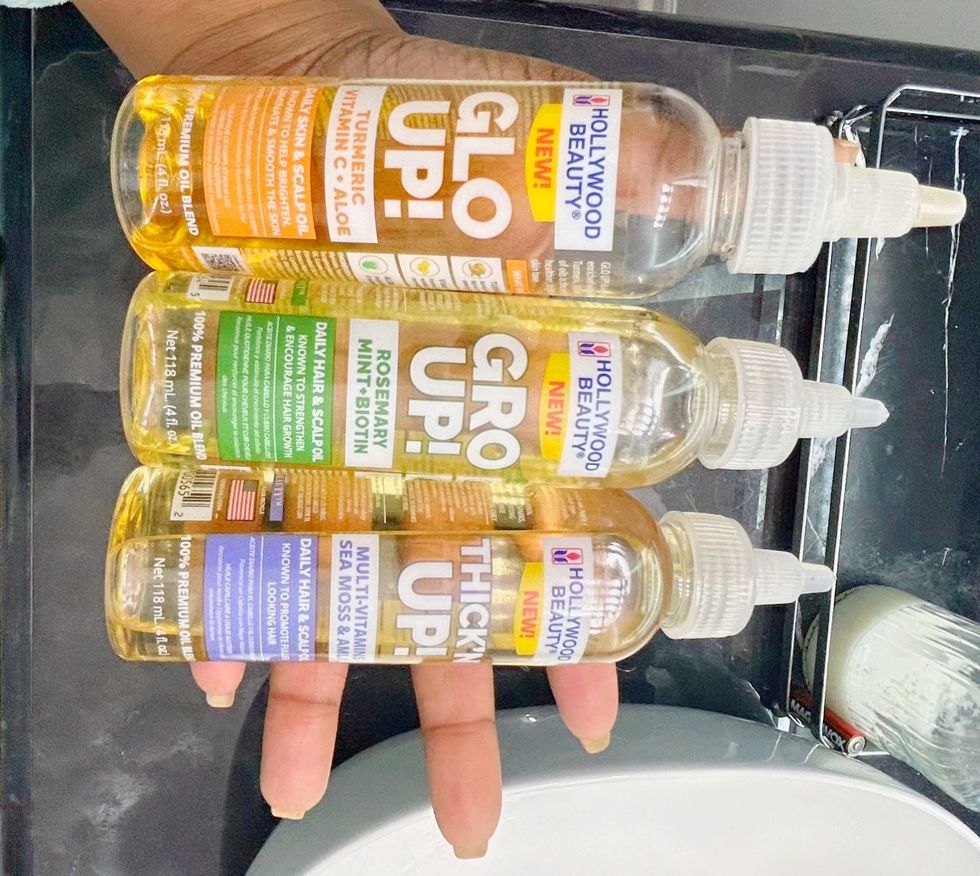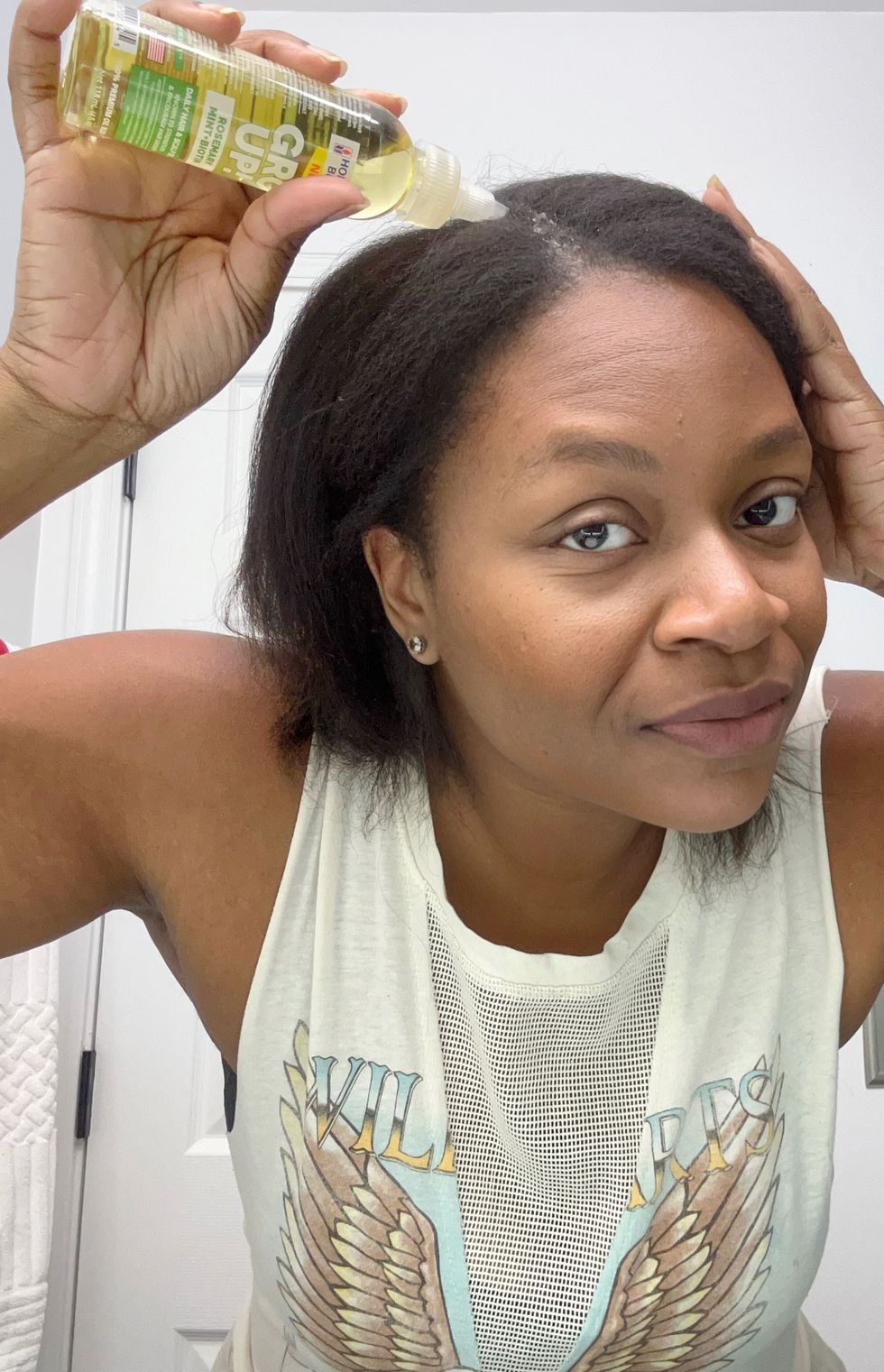Overall, this year has some pleasant and unexpected surprises in store, and this is the year to follow your heart.
Key Astrological Transits of 2026
June 30: Jupiter Enters Leo
Jupiter enters Leo this year until 2027, and this is especially good news for fire signs: Leo, Aries, and Sagittarius, and for fixed signs: Aquarius and Scorpio. Jupiter in Leo is grand, regal, and over-the-top, and you can expect a lot of this energy in 2026. This is the time to own your creativity, your self-empowerment, and what makes you shine in life. You can align with the blessings of Jupiter by aligning with your heart and what makes you truly happy in life. This year is about being confident in your inner knowing and showing up.
July 27: North Node in Aquarius/South Node in Leo
The North Node moves into Aquarius, and the South Node enters Leo mid-year until 2028, and this is instrumental for the collective. With the North Node in Aquarius, authenticity is the direction to be heading. More people will be showing up exactly as they are, and feeling confident in their unique signature in life. We are letting go of the need to always be put together or be seen as “perfect” and embracing more community, genuineness, and eccentricity. New technological advances that shift the world are also more likely with the North Node in Aquarius.
Venus goes retrograde every other year, and 2026 is a Venus Retrograde year. Venus will be retrograde in Scorpio from October 3 until October 25, and it’s important to be patient in matters of love and not to rush into things here. Take the time to get to know your past, present, and future in love better at this time, and don’t overcommit to things you don’t have the energy to see through. Venus will then be retrograde in Libra from October 25 until November 13, and this retrograde period brings you closer to the partnerships that serve you in life and helps you reflect on what these relationships may need to feel more stable and secure.
Overall, we are gaining clarity in love this year.
Read for your sun and rising sign below to see what 2026 has in store for you.
ARIES
This year is about putting yourself and your dreams first, Aries. You are on the path towards abundance, and your to-do list is piling up. This is the year to be confident in the things you are developing, consider all perspectives, and open up to new opportunities. Saturn, the planet of strength, hard work, and dedication, is in your sign for the entire year, and you are overcoming. Saturn tends to challenge you more than anything, and this year, it's challenging you to evolve.
This is the year to create a new plan and take the steps needed to fulfill it.
With Neptune also in Aries for the entire year, you have wisdom, creativity, and imagination on your side, and 2026 overall is the year to believe in the impossible. Connecting more deeply with your spirituality is also serving you this year, as you define your belief systems, interests, and inspiration, and let life guide you. It’s all about having balance this year, Aries. Move when you feel inspired to move, and allow when you feel ready to let go and receive.
TAURUS
2026 is your year of connection, collaboration, and increasing your earnings, Taurus. You are walking into the year full of empowerment and vision, and you know what you want to accomplish and who you want to accomplish it with. Opportunities to work with others and create something beautiful in your world are more prevalent this year, and you have the Midas Touch in 2026. This year is all about dedicating yourself to your dreams and being proud of yourself and your efforts.
The New Moon in Taurus on May 16 is a groundbreaking moment for you in 2026, and a time when you feel like you are embarking on a new chapter in your life. Embrace the opportunities that come your way mid-year, and know that you have what it takes to succeed. On June 19, Chiron, the wounded healer, enters your sign, and you enter a new journey of getting to know yourself, your past, and your inner world better.
Chiron will be in Taurus until September 17, will briefly enter Aries until April 2027, and then will transit back into your sign until July 2033, so there is time, but overall, you are opening the door to healing this year.
GEMINI
2026 is a transformative year for you, Gemini. You are awakening to new ideas, insight, and experiences, and it can feel like there is a lot to take in right now. This is your year of embarking on a new journey and defining what you want for yourself. Things change, perspectives shift, and it’s about what you do with what you know now. Uranus, the planet of upheaval, change, and rebellion, is in your sign from April 25 until May 2033, and this year is about expecting the unexpected.
Know that everything happens for a reason, and what transforms for you now is creating the space for new life to grow.
Jupiter, the planet of blessings and expansion, also changes signs this year, and for you, this means a new outlook on life altogether. Jupiter will be in your 3rd house of communication from June 30 until July 26, 2027, and the vision is there for you. This is a great year for publication, writing, short travels, social media, and networking, and you are learning how to take up space right now. Overall, 2026 is about getting the answers you have been looking for, feeling empowered to express yourself, and allowing transformations to move you into a new beginning.
CANCER
This year is about knowing you are supported and finding your strength, Cancer. You have been working hard on building the things that matter to you and finding your stability in life, and this year is that last push towards your dreams. You have been protecting your energy and your peace; however, this year reminds you that remaining overly vigilant can hinder you from being open to new opportunities that can actually serve you in life.
Remember to listen to your intuition more than your fears this year, and trust that you are being guided in the right direction.
We begin the year with a Supermoon in Cancer on January 3, and end the year with a Supermoon in Cancer on December 23 as well. This is major news, and points to some life-changing closures, culminations, and inner awakenings happening for you in 2026. With Jupiter also in your sign until June 30, luck is still on your side right now. Your life is expanding, and it’s time to catch up to the new chapters that want to take place for you by letting go of what hasn’t been working.
This year isn’t about sticking to what is comfortable; it’s about opening your mind and your heart to new possibilities.
LEO
2026 is your year of freedom, success, and stability, Leo. You have a lot of things working out for you this year, and it’s because you have done the work and trusted yourself and your unique journey in the process. The mountains you have climbed are behind you now, and you are ready to experience the fruition of the intentions you have set for yourself. Jupiter, the planet of luck, moves into your sign this year from June 30 until July 26, 2027, and you enter a fortunate time in your life.
With Jupiter in Leo, all eyes are on you, new opportunities come into your life, and you are feeling sure of yourself.
This year not only empowers you, but it also helps you let go of what has been disrupting your healing journey. The South Node enters Leo from July 2026 until March 2028, and you are moving through the process of getting to know yourself and your past better. You are going over the things you have identified yourself with, the experiences that have shaped you into the person you are today, and what this all means for the way you experience life overall today. This year is about evolving, letting go, and claiming new blessings.
VIRGO
2026 gives you perspective, Virgo. This year is a new beginning for you altogether, and you are taking things one step at a time. The vision is clear, the intentions are set, and you know what needs to be done to live a life of fulfillment. With the South Node in Virgo until July 26, you are still in the process of healing from the past, discovering new truths about yourself, and rewriting your story. This is a defining year for you, and the confidence you have in your vision for the future is creating new success, connections, and opportunities for yourself.
This year is about speaking up, gaining clarity, and being the star of your world.
With a Lunar Eclipse in Virgo on March 3, you are moving into the year with the need for closure and redemption. You have been through the process of letting go and creating anew, and this back-and-forth energy finally comes to a close for you at this time. You have taken care of yourself and your dreams, and now it’s time to allow yourself to be taken care of more and to embrace the new success that wants to come into your life. Know that sometimes things just work out without reason, and that when little miracles happen for you this year, accept them.
LIBRA
2026 is all about having patience, setting new intentions, and sticking to the plan, Libra. You are walking into the year with a lot of responsibilities on your plate, but it’s nothing you can’t handle or delegate. Look for new resources and opportunities this year, and don’t allow yourself to get caught up in the timing of it all. Things happen when you least expect them to, and it’s about trusting that things are working out behind the scenes for you right now.
With Jupiter moving into your 11th house of friendships this year, your support systems are instrumental to your growth in 2026 and will be a guiding force of love and community for you.
As you walk into the year, write a list of the defining experiences you want to have this year. Don’t have any expectations on the timing of it all or how exactly things will play out for you; leave that up to the universe. However, create the plan and get the vision going. With Venus going retrograde in your sign at the end of the year, from October 25 through November 13, you will be leaving this year with more clarity of the heart.
Relationship dynamics shift, and you are recognizing more of what your heart needs in order to feel seen, supported, and abundant.
SCORPIO
This is a powerful year for you, Scorpio. 2026 is all about living out your dreams and experiencing the successes you have been working towards. You have set the intentions and done the work, and the manifestations you once dreamed of come into your reality. This year is about getting your ducks in a row, preparing yourself for the opportunities you have wanted, and knowing that you are exactly where you are meant to be.
You are entering a year of empowerment and abundance, and are owning your independence and positive energy in the process.
Jupiter, the planet of fortune and good luck, moves into your house of career and achievements mid-year, and you are accomplishing some major feats. Your career and professional life are taking off, and you are a hot commodity in 2026. This is your year of believing in yourself wholeheartedly, and not self-sabotaging the good that is in front of you. At the end of the year, Venus goes retrograde in your sign from October 3 until October 25, and your heart is doing some healing, reconnecting, and self-reflecting. Overall, this is a major year of growth for you, and you are moving through life head-on.
SAGITTARIUS
2026 moves quickly for you, Sagittarius. You are experiencing some renewed enlightenment, and this is an important year for communication matters. It’s about trusting your process, not rushing into anything, and allowing your mind to catch up to your body. Be careful with being too impulsive this year, but overall, trust that you will know what you need to know when you are ready to. Life is expanding for you overall in 2026, and your mind is expanding in the process. Pay attention to the conversations you are having this year, as this is when a lot of things are shifting for you.
With Saturn in your 5th house of romance for the entire year, you are on a journey of redefining what happiness means to you.
Have you been putting your positive experiences, happiness, and romantic life on the back burner too often? This is where massive changes are taking place for you this year, and when you get a better look at what you need to feel truly fulfilled and your heart a little lighter. On June 30, Jupiter, your ruling planet, moves into your 9th house of travel and adventure, and this is when things really start picking up for you this year. You are crossing off your bucket list as you move through 2026, and learning something new about yourself and the world around you in the process.
CAPRICORN
2026 is all about taking on new opportunities and owning the momentum you feel in your life right now, Capricorn. This is a fast-moving year for you, and things happen in the blink of an eye. You are feeling motivated towards your new beginnings and are experiencing a lot of support and fortunate opportunities that you have been looking forward to in the process. It’s about taking more time to listen to your intuition and instincts and trusting that you are making the best decisions for yourself.
With Saturn, your ruling planet, in your 4th house of home this year, you are rebuilding your safe spaces right now.
Dynamics shift, and this is helping you get a clearer view of what is working and what isn’t working for you regarding family life, home, financial security, your inner world, and how you process things here. With the North Node also moving into your house of communication mid-year, you are learning more about the power of your thoughts and the words you put out there. This year is about speaking into existence what you want to happen and understanding the power you hold as the creator of your life.
AQUARIUS
2026 is the year of owning the balance you have found in your life, Aquarius. You are giving and receiving freely, and feeling more abundant than you have in a while. Things just flow and work out for you in 2026, and it’s time to own that you deserve this energy. You have been putting into place and preparing for the things that are finally happening for you this year, and it’s time to feel good about it all. This year reminds you that you are worthy of freedom, abundance, and success, and that the more you embrace this knowing, the more it becomes your reality.
We enter the year with a Solar Eclipse in Aquarius on February 17, signifying a year of new beginnings, change, and personal growth for you.
Who you are when you enter the year is a different person from who you are when you leave it, and you are feeling more like yourself overall. The North Node of Destiny also enters your sign this year on July 26 until March 2028, and you embark on a journey of blessings. Life changes dramatically for you over the next few years, and this year is that first step towards change. You are owning your independence while also understanding the importance of the relationships that are growing for you this year.
PISCES
This year is about allowing life to come full circle and trusting that you are supported along the way, Pisces. There is a lot to think about and process this year, and it’s important to be a little kinder to yourself. Give yourself grace and know that you will move through this time and overcome what is needed. With the North Node in your sign until July 26, rewriting your destiny, you have the power to make some massive shifts in your life this year and to truly align yourself with the vision you have for your future that supports your abundance, power, and intentions.
It can feel like a lot is happening at once this year, and it’s important to focus more on your perspective of it all.
If you are focusing more on the things that aren’t working out for you or comparing your journey to others, you might feel disheartened and stagnant. The Lunar Eclipse in Pisces on August 28 is the perfect opportunity for growth for you, and when you can really let go of the self-sabotage or fears that have made you overthink your blessings. Overall, this year is a reminder that you are worthy, loved, and intelligent, and you can make the best decisions for yourself.
Featured image by Shutterstock



